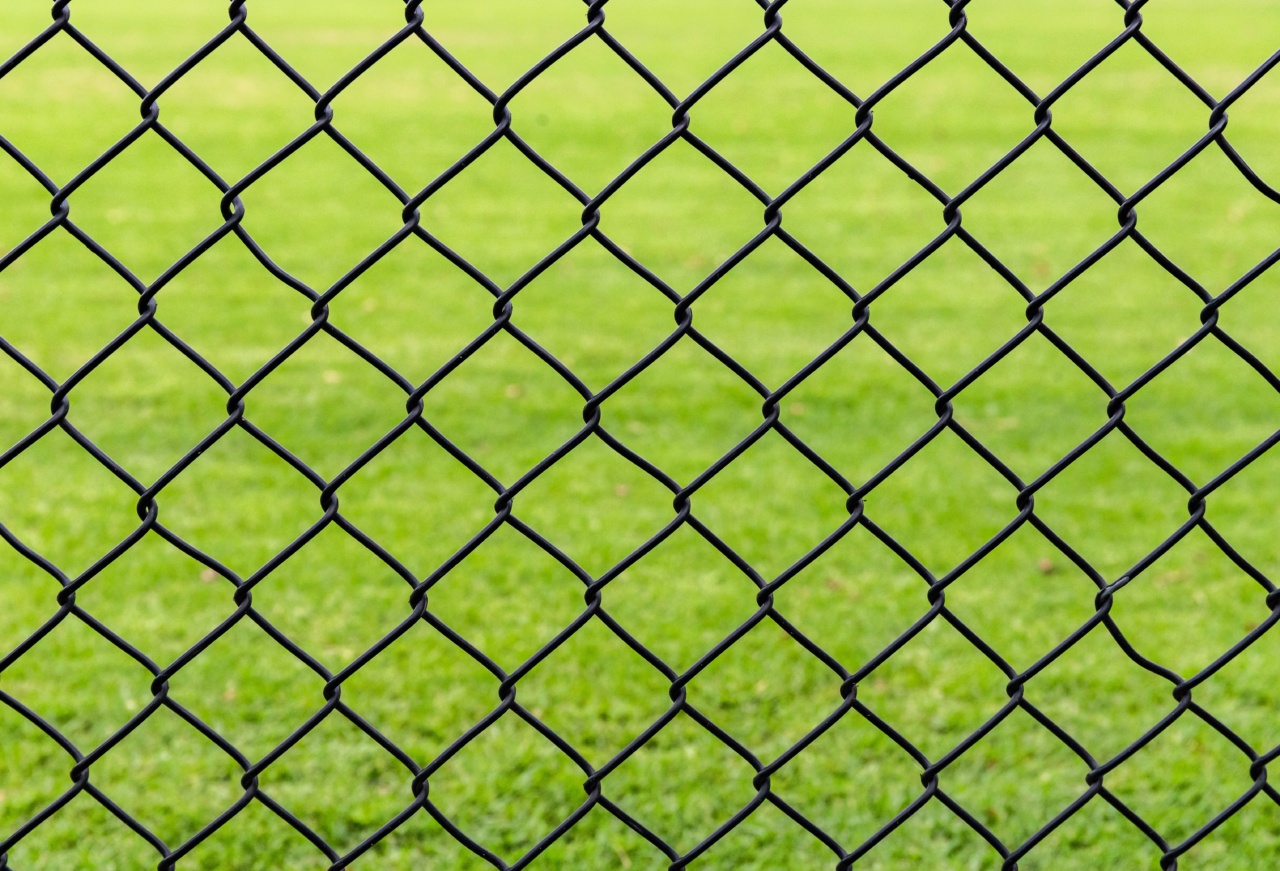When it comes to maintaining muscle mass, most people focus on proper nutrition, exercise routines, and adequate rest. While these factors are undoubtedly crucial, one often overlooked aspect of muscle maintenance is the role of hormones.
Hormones are chemical messengers in the body that regulate various physiological processes, including muscle growth and repair. In this article, we will delve into the untold link between hormones and muscle mass maintenance.
The Role of Testosterone in Muscle Mass Maintenance
Testosterone is often associated with male characteristics and is known to play a significant role in muscle development. This hormone stimulates protein synthesis, which is crucial for the repair and growth of muscles.
It also enhances muscle strength and increases the production of red blood cells, improving oxygen delivery to the muscles during exercise.
Research has shown that individuals with higher testosterone levels tend to have greater muscle mass and strength. However, testosterone levels decline as we age, making it more challenging to maintain muscle mass over time.
To counteract this decline, engaging in resistance training and maintaining a healthy lifestyle can help promote optimal testosterone production.
The Impact of Growth Hormone on Muscle Maintenance
Growth hormone (GH), also known as somatotropin, is produced by the pituitary gland and has a crucial role in muscle maintenance.
GH stimulates the production of insulin-like growth factor-1 (IGF-1), which is responsible for promoting muscle cell growth and regeneration.
Studies have shown that growth hormone administration can significantly increase muscle mass and strength, particularly when combined with resistance training.
Additionally, even small increases in GH levels can enhance muscle recovery and reduce the risk of muscle loss during periods of inactivity.
The Influence of Insulin on Muscle Mass
Insulin is a hormone produced by the pancreas that plays a central role in regulating blood sugar levels. While its primary function is to facilitate the uptake of glucose into cells, insulin also has an impact on muscle mass maintenance.
Insulin promotes the uptake of amino acids and glucose into muscle cells, providing the necessary building blocks for muscle protein synthesis. Inadequate insulin levels can inhibit muscle growth, as well as lead to muscle breakdown.
Individuals with insulin resistance or diabetes may struggle to maintain muscle mass due to impaired insulin function.
Proper management of insulin levels through lifestyle modifications and medication, if necessary, is vital for preserving muscle mass.
The Role of Cortisol in Muscle Wasting
Cortisol, often referred to as the stress hormone, has a complex relationship with muscle mass maintenance. While cortisol is essential for various physiological processes, chronically elevated levels can have detrimental effects on muscle tissue.
High levels of cortisol can lead to muscle protein breakdown and inhibit muscle growth. It can also impair the recovery process after intense exercise, further contributing to muscle wasting.
Chronic stress and inadequate rest can elevate cortisol levels, highlighting the importance of managing stress levels and prioritizing sufficient sleep for optimal muscle maintenance.
The Impact of Thyroid Hormones on Muscle Mass
Thyroid hormones, such as triiodothyronine (T3) and thyroxine (T4), are essential for maintaining metabolic balance in the body. They regulate the rate at which cells generate energy, including muscle cells.
Low levels of thyroid hormones can result in muscle weakness and reduced metabolic rate, contributing to muscle loss. On the other hand, excessive thyroid hormone levels can lead to muscle wasting and increased protein breakdown.
Achieving a balance in thyroid hormone production through proper nutrition and medical interventions can aid in preserving muscle mass.
The Importance of Estrogen in Muscle Maintenance
Estrogen, commonly associated with female characteristics, also plays a role in muscle mass maintenance. It helps promote protein synthesis and inhibits muscle breakdown, contributing to overall muscle health.
During menopause, when estrogen levels decline significantly, women may experience an accelerated loss of muscle mass.
Hormone replacement therapy (HRT) or engaging in regular resistance training can help mitigate this loss and promote muscle maintenance in postmenopausal women.
Hormonal Imbalances and Muscle Mass Loss
Imbalances in hormone levels can have a significant impact on muscle mass maintenance. Certain medical conditions, hormonal disorders, and the use of certain medications can disrupt the delicate hormone balance in the body, leading to muscle loss.
Conditions such as Cushing’s syndrome, hypothyroidism, and hormonal imbalances associated with aging can all contribute to muscle wasting.
Additionally, medications like corticosteroids and certain antidepressants can have catabolic effects on muscle tissue.
Addressing hormonal imbalances through proper medical interventions, lifestyle modifications, and targeted exercise can help minimize muscle mass loss and improve overall health.
In Conclusion
The importance of hormones in maintaining muscle mass cannot be overstated. Testosterone, growth hormone, insulin, cortisol, thyroid hormones, and estrogen all play vital roles in muscle development, repair, and preservation.
Ensuring a healthy hormone balance through lifestyle modifications, appropriate medical interventions, and regular exercise is key to maintaining optimal muscle mass throughout life.




























